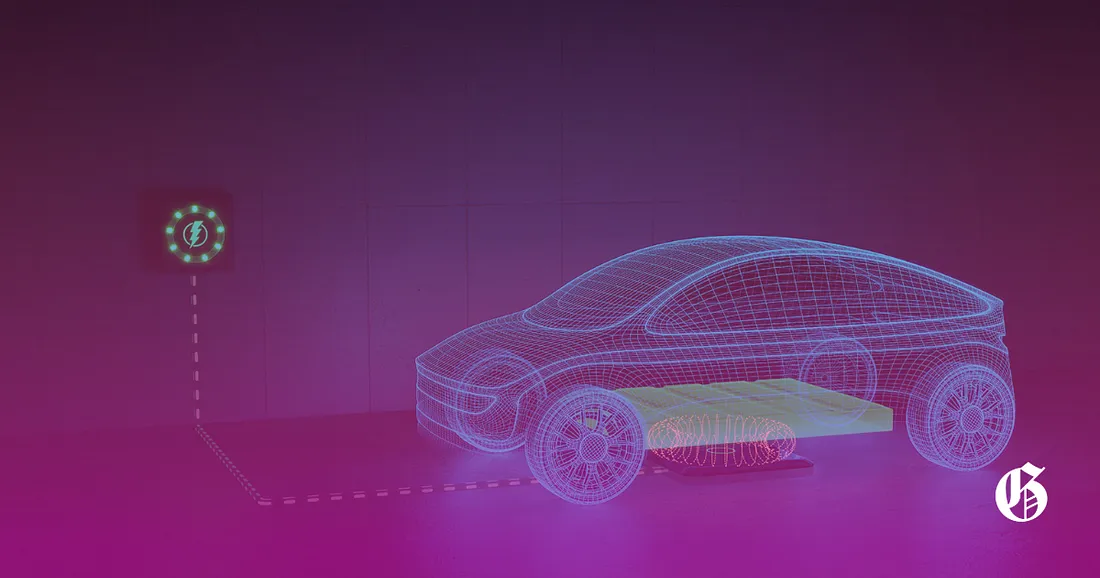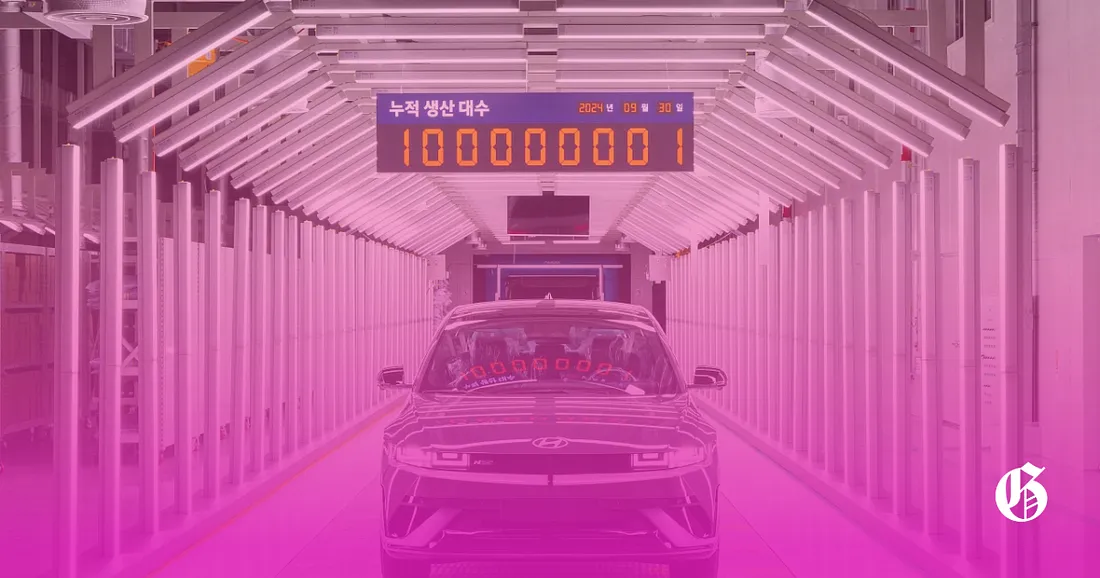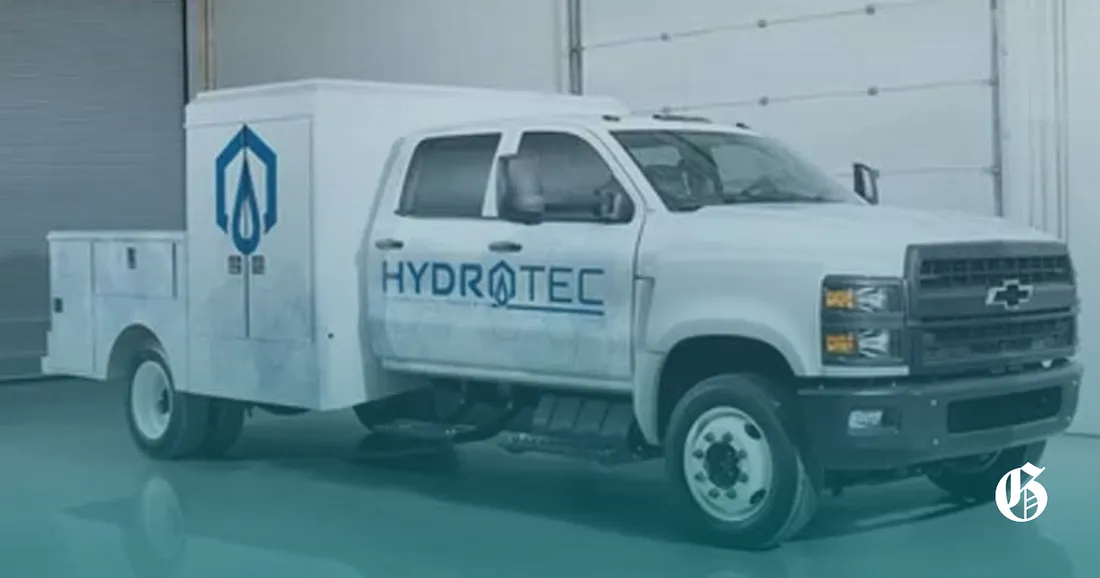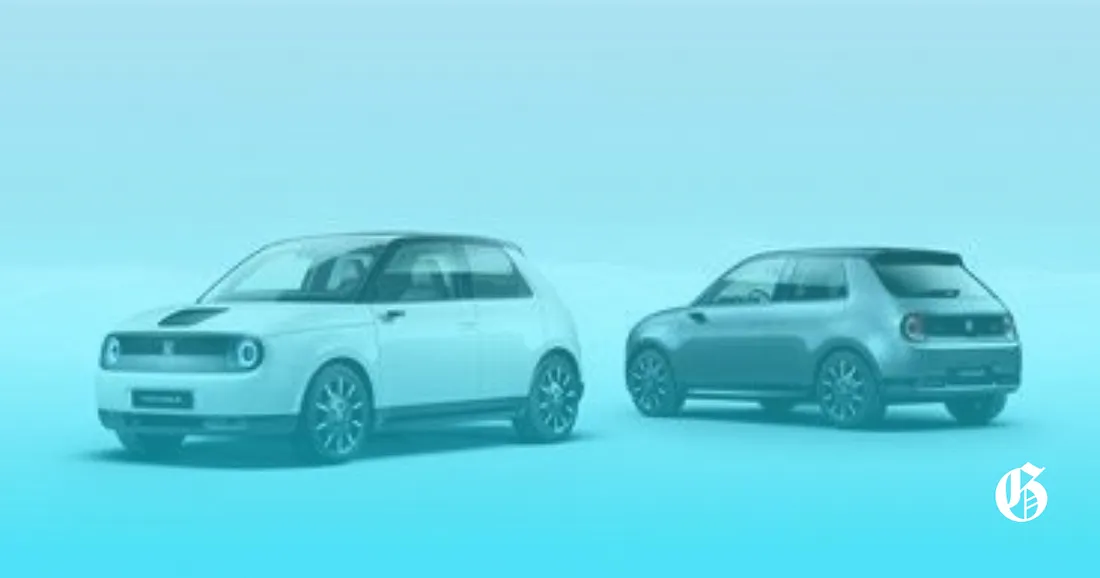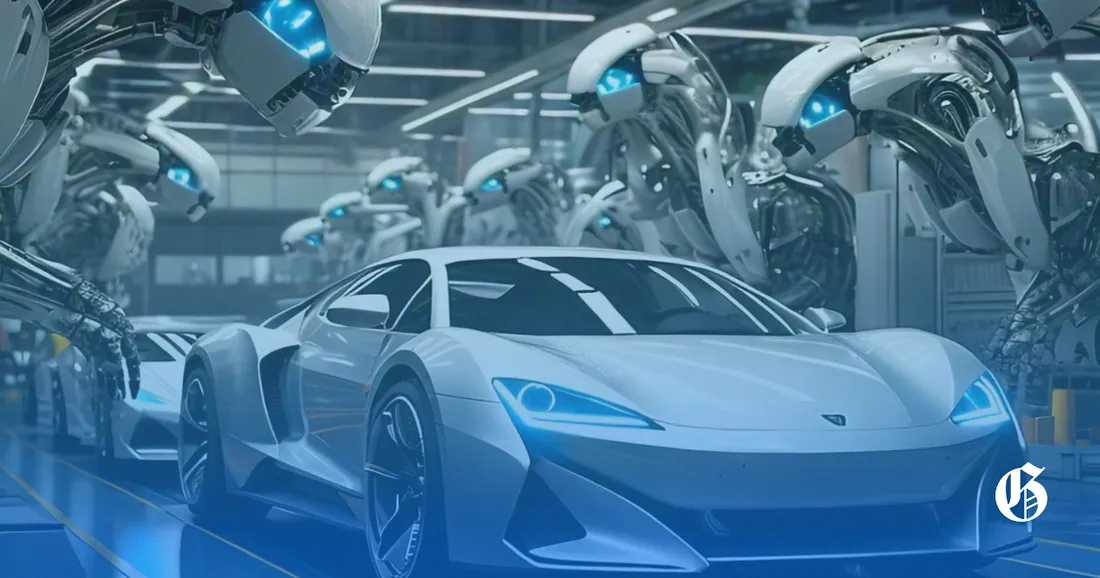The Rise of AI-Defined Automakers
The automotive industry is undergoing a significant transformation, moving from traditional mechanical systems to highly sophisticated, software-driven vehicles. This evolution is now taking a leap forward with the integration of artificial intelligence (AI), leading to the emergence of AI-defined automakers. This shift promises to revolutionize how vehicles are designed, manufactured, and operated, offering unprecedented levels of safety, efficiency, and user experience.
The Rise of Software-Defined Vehicles (SDVs)
Software-defined vehicles (SDVs) represent a paradigm shift in automotive design. Unlike traditional vehicles, which rely heavily on mechanical components and discrete electronic control units (ECUs), SDVs are built around a central computing platform. This platform integrates various functions, from engine control to infotainment systems, into a unified software environment. This approach offers several advantages:
- Flexibility and Upgradability: SDVs can receive over-the-air updates, allowing manufacturers to add new features, improve performance, and fix bugs without requiring a visit to the dealership.
- Enhanced Connectivity: With integrated software platforms, SDVs can seamlessly connect to the cloud, enabling real-time data exchange and advanced telematics services.
- Cost Efficiency: By reducing the number of ECUs and simplifying the vehicle architecture, manufacturers can lower production costs and streamline maintenance.
Transition to AI-Defined Automakers
Building on the foundation of SDVs, the next step in automotive evolution is the AI-defined automaker. This concept leverages the power of artificial intelligence to enhance every aspect of vehicle design, production, and operation. Here’s how AI is transforming the automotive industry:
- Autonomous Driving: AI algorithms process vast amounts of data from sensors and cameras to enable autonomous driving. These systems can make split-second decisions, improving safety and reducing the risk of accidents.
- Predictive Maintenance: AI can analyze data from various vehicle components to predict potential failures before they occur. This proactive approach minimizes downtime and extends the lifespan of the vehicle.
- Personalized User Experience: AI-driven systems can learn from driver behavior and preferences, offering personalized recommendations for routes, entertainment, and vehicle settings.
- Efficient Manufacturing: AI optimizes production processes by predicting demand, managing supply chains, and automating quality control. This leads to higher efficiency and reduced waste.
Case Studies and Industry Leaders
Several automakers are at the forefront of this AI-driven revolution. For instance, Tesla’s Autopilot and Full Self-Driving (FSD) systems are prime examples of AI in action, offering advanced driver assistance and autonomous capabilities. Similarly, companies like Waymo and Cruise are developing AI-powered autonomous vehicles that promise to redefine urban mobility.
Moreover, traditional automakers are also embracing AI. Mercedes-Benz, in partnership with NVIDIA, is developing software-defined intelligent vehicles that leverage end-to-end AI technology 1. This collaboration aims to create a new generation of vehicles that are not only smart but also capable of continuous improvement through software updates.
Challenges and Future Prospects
While the transition to AI-defined automakers holds great promise, it also presents several challenges:
- Data Security and Privacy: With increased connectivity and data exchange, ensuring the security and privacy of user data is paramount.
- Regulatory Hurdles: Autonomous driving and AI-driven systems must comply with stringent regulatory standards, which can vary significantly across regions.
- Technological Integration: Integrating AI with existing automotive systems requires significant investment and technical expertise.
Despite these challenges, the future of AI-defined automakers looks bright. As technology continues to advance, we can expect to see even more innovative applications of AI in the automotive industry, leading to safer, more efficient, and more enjoyable driving experiences.
The journey from software-defined vehicles to AI-defined automakers marks a significant milestone in the evolution of the automotive industry. By harnessing the power of AI, automakers can create vehicles that are not only smarter and more efficient but also capable of adapting to the ever-changing needs of drivers. As we move forward, the integration of AI will undoubtedly play a crucial role in shaping the future of mobility.
